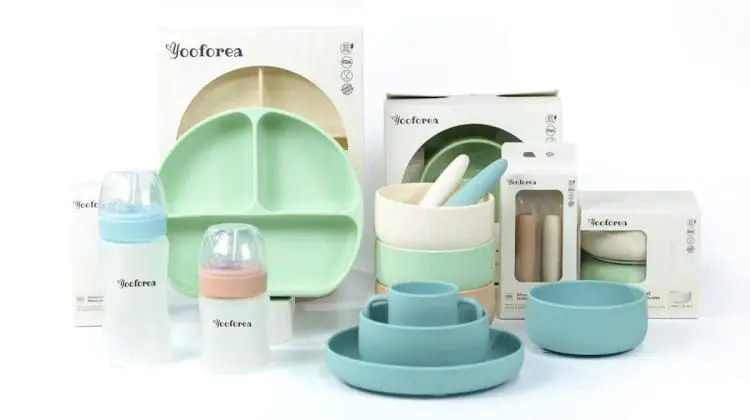When it comes to transporting your little one, choosing the right baby carrier for newborns is crucial for both comfort and convenience. Newborns require support for their head and neck, along with a comfortable, snug environment that mimics the closeness of being in the womb. Several different types of baby carriers are specifically designed to […]
baby care
Breastfeeding Essentials List- What You Need For Nursing
I remember when I was pregnant with my first child. I assumed breastfeeding would come easily and naturally. If I had read the title “Breastfeeding Essentials”, I would have thought, “What?! You don’t need anything to breastfeed!” Well, after breastfeeding two babies, I can tell you that there sure are some products to make breastfeeding […]
Eco-Friendly Baby Nursery Ideas And Tips
As Mary Mason said, “A baby is something you carry inside you for nine months, in your arms for three years and in your heart till the day you die.” When it comes to baby, parents want what’s best. We want the best and safest products. When you think of your little one’s nursery, you should always think […]
List Of Essential Baby Clothes For Hospital Bag
Congratulations on the upcoming arrival of your new baby. You must be ecstatic about the big day! Yet, do you know which kinds of clothes you should have in your hospital bag? If not, continue reading as we discuss the most vital clothes you must pack for the baby’s delivery. First, I will discuss the details […]
Choosing The Best Diaper Rash Cream For Baby’s Delicate Skin
In today’s society preservatives and strange processed ingredients have become commonplace. Finding products without these potentially harmful ingredients can be actually be challenging. As a parent though, I have always been vigilant about finding natural, safe products for babies and young children. Babies’ organs and bodily systems, including the liver, kidneys, and immune system, are still […]
How to Stop Breastfeeding: A Lactation Counselor’s Guide
Thinking about how to stop breastfeeding? Whether it’s a nudge from your intuition, a shift in your lifestyle, or simply feeling that your exclusively breastfeeding chapter is wrapping up, you’re on the brink of a new adventure. That is why I am happy to have an expert share some great tips with you today. Katie […]
Yooforea Baby Feeding Supplies: Glass Baby Bottles & Silicone Products
Are you looking for the best baby products on the market in terms of safety, hygiene, and durability? Well, of course you are! Often, that means doing a lot of research to make sure you find pure, safe, healthy baby feeding products. That is why I am happy to partner with Yooforea for this post, […]







